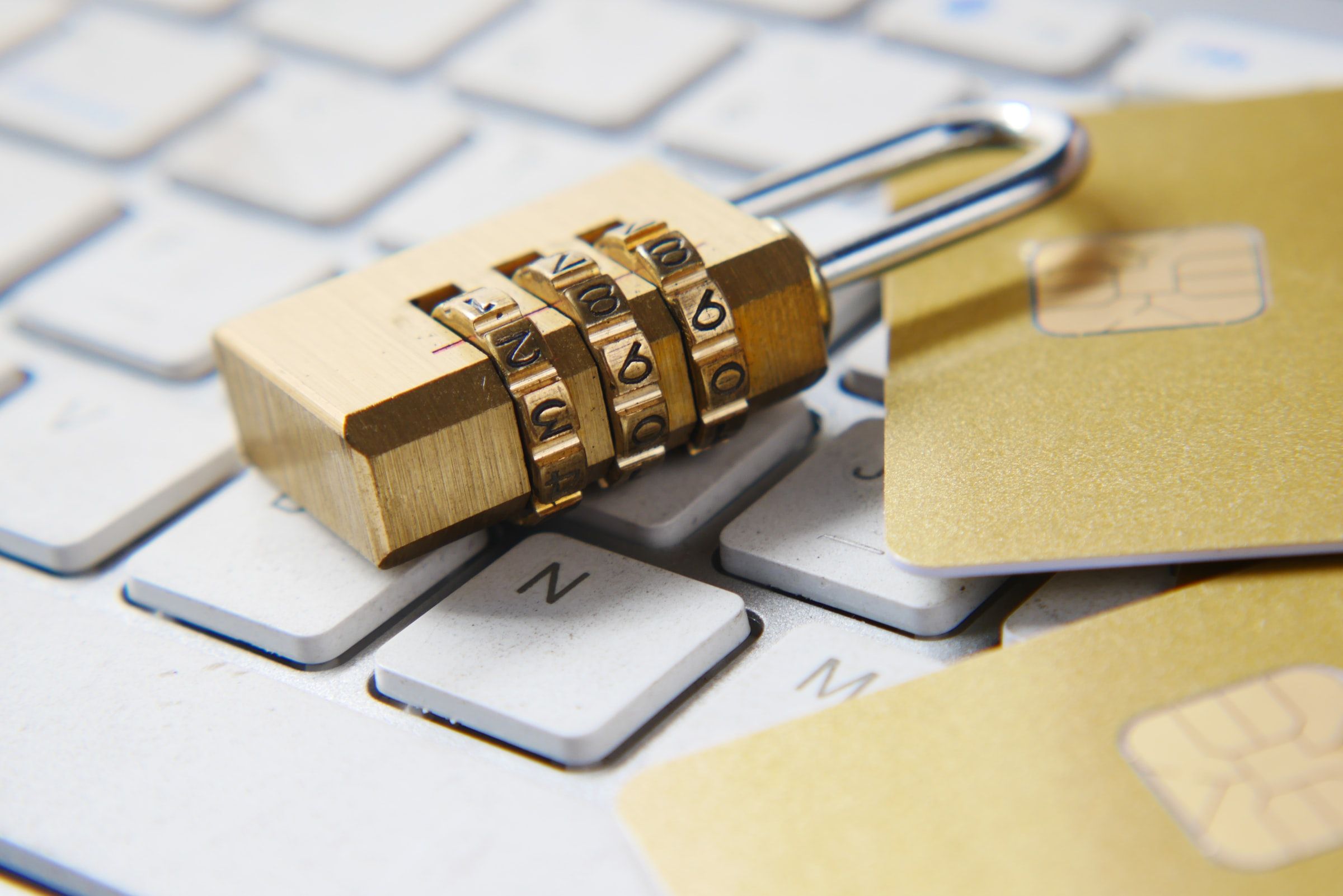You may think that your small business doesn’t need any cybersecurity tips. You may think that you can get away with having no cybersecurity protocols at all.
But if you do that, you risk losing all the hard work and money you put into your small business. Your business can be a cybersecurity risk even if you don’t think it is. It’s important to keep up with the times to make sure this doesn’t happen.
Let’s take a look at how to improve the cybersecurity protocols for your small business to keep your data safe and your assets secure.
-
Customizing Your Passwords

Having strong passwords is essential to protecting the data of your business. For starters, all employee passwords should be changed every 90 days. As for maximum security, you should adjust complexity, such as requiring employees to include the following:
- Capital letters
- Small letters
- Numbers
- Symbols
Require employees to customize their passwords as opposed to simply changing a letter in the same password each time.
-
The Benefits of Two-Factor Authentication

Two-factor authentication (2FA) is one of the most important cyber-security tools to implement. 2FA requires the person who is logging into an account to provide two forms of authentication.
This can be a password combined with a code sent to their text or email, fingerprint recognition, or a combination of both. By using two-factor authentication, you are providing another layer of security that can help keep your confidential information safe.
-
Managing Your Firewall Settings

Firewall settings are the first line of defense against malicious online threats. Properly managing firewall settings can help protect your business from cyberattacks. It also ensures to protect information and customer data. Utilizing an enterprise-level firewall with multiple layers of protection is vital.
Utilizing a reliable web filtering solution can help block malicious sites, downloads, and other dangerous content. This may sound all difficult, but services like outsourced IT support company are there to help you.
-
Implementing Antivirus Software

Antivirus software provides a layer of defense against viruses, malware, and other malicious threats. It can detect any suspicious activity on the network and alert administrators. Installing antivirus software can help protect data from being stolen or corrupted, as well as defend against hackers who are constantly searching for vulnerable networks.
Furthermore, having an up-to-date antivirus system in place can also protect the integrity of your business, as well as the reputation of your brand.
-
Knowing the Signs of a Data Breach

To prevent a data breach, it is necessary to understand the signs. A common sign of a data breach is increased activity in the form of new logins or system changes. You should also pay attention to any requests for personal information from unknown sources.
Notifications from vendors or customers about unusual transactions can be a sign of a data breach. As a business owner, you must be aware of the technology and systems you use and know to look for changes in software or data.
Protect Your Business With These Cybersecurity Tips

In conclusion, utilizing cybersecurity measures can help small businesses stay safe and secure. A combination of technical safeguards, data security measures, and employee training should be implemented to prevent information theft and unauthorized access.
Don’t wait! Make sure to follow these cybersecurity tips for your small business today!
We hope you enjoyed this article and encourage you to take a look at our other blog posts!

